+36 30 310 3733
admissions@britmagyariskola.hu
Tárogató út 2-4., 2nd floor
1021 Budapest
8:00-17:00
Monday-Friday
+36 30 310 3733
admissions@britmagyariskola.hu
Tárogató út 2-4., 2nd floor
1021 Budapest
8:00-17:00
Monday-Friday
The Brit-Magyar Bilingual School uses the Hungarian National Core Curriculum and the bilingual framework curriculum as defined for bilingual schools. Furthermore, Brit-Magyar is an accredited school for Cambridge International, the second bilingual school in Hungary to achieve this. Cambridge International provides the learning framework and supporting materials for teaching English in line with the national curriculum for England.
The Brit-Magyar Bilingual School uses the Hungarian national curriculum for bilingual schools in teaching Hungarian grammar and literature and mathematics in Hungarian.
For other subjects taught in English, besides the Hungarian bilingual curriculum, we also rely on the Cambridge International curriculum.
For all subjects, we strive to combine global, best teaching practices with teaching methods that aim not only at acquiring knowledge but also in developing skills.

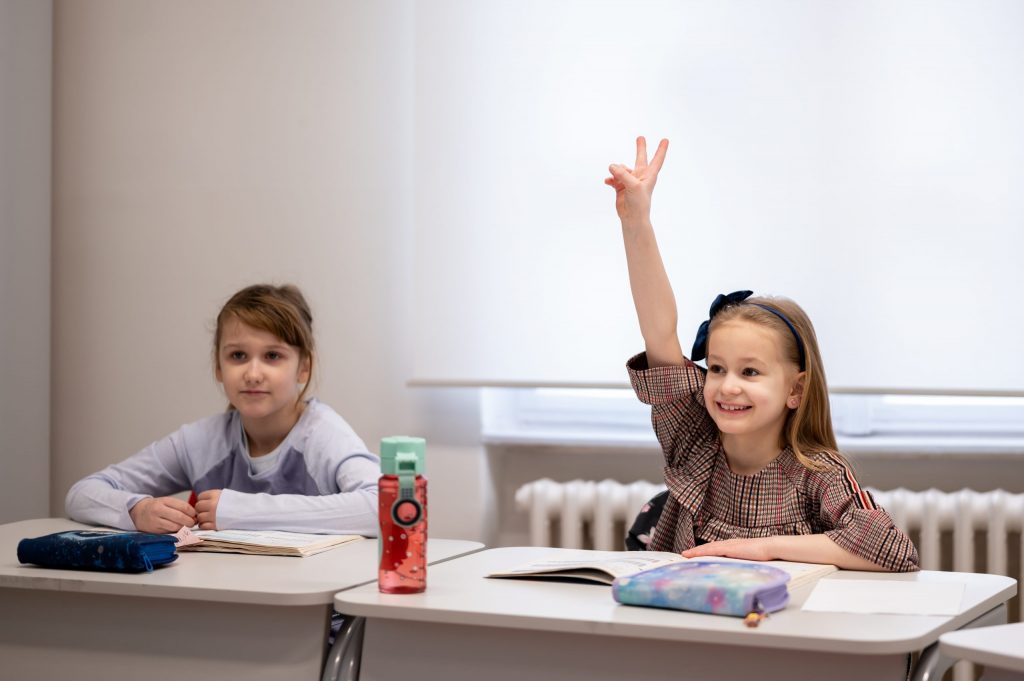
In our school, child-centered learning is the focus, primarily on the skills and needs of the pupils. Our primary goal is to create a safe and caring environment where students can learn confidently, research, take risks, make mistakes and learn from mistakes.
The planned curriculum has a balance of 50% of lessons taught in Hungarian and 50% in English. In the core areas of Hungarian, Maths and English, we teach extra lessons each above the requirement of the Hungarian State curriculum as these three subjects are the priority of our academic programme. Apart from English, we teach science and some of the other non-core subjects in English. English language lessons are planned in smaller groups.
It is important to emphasise that we do not strictly adhere to subject structures in our curriculum.
What does this mean? Of course, there will be a timetable of lessons by subject, but these lessons will be carrying some flexibility, in a way that can be co-ordinated with the children’s current skills, interests and curriculum needs. The use of project based learning allows us to transition from teaching maths for one aspect of a project to learning about other areas that might be focused on environmental studies or even Hungarian literature. We refer to this a cross curricular learning.
“The world has changed, so must education”
Our school believes that education should encourage students to perform and develop to their ability to become constructive members of our society.
Today we live in a world with a wealth of readily available knowledge and content that is quickly accessible, constantly changing and evolving. Therefore, “what” we know is no longer the most important. Instead, we need to train our children to focus on how and why issues and to be able to find the information that is currently in place that we can use to solve problems or arguments and to support decisions.


We would like to prepare our students primarily so that they will be able to continue their studies in Hungarian-recognized secondary schools or international institutions. We strive to teach at a high standard both English and Hungarian to our students. We want our students to be able to express their thoughts and ideas, easily and simply in any situation where needed.
Our school community has many important groups such as parents, teachers, founders, local partners and students. However at Brit-Magyar we make all plans with the requirement as to what is best for students. All decisions must answer the question “Is this the best outcome for students?” When we plan how to use our time and how to spend our money, the first challenge is how will these plans improve the development of our students.
Our school must provide a supportive and caring atmosphere for our children. Every decision that we take must consider the physical, mental and emotional well being of each student. This is the core foundation upon which students will build their self-confidence. The willingness and energy to look outwards and discover can only happen after students feel that they are in a safe community, they are appreciated and they are respected.
Our school encourages students to have the ambition to be confident to face challenges and to dare to explore. Ambition requires the need to encourage children to take risks, and we need to create opportunities for this to happen. We should encourage students to understand that real learning only occurs when mistakes are made and then learned from them. Children need to come to terms with the fact that an error is often the beginning of learning. To achieve this, our teachers positively encourage children to search for new results, ideas, and pathways.
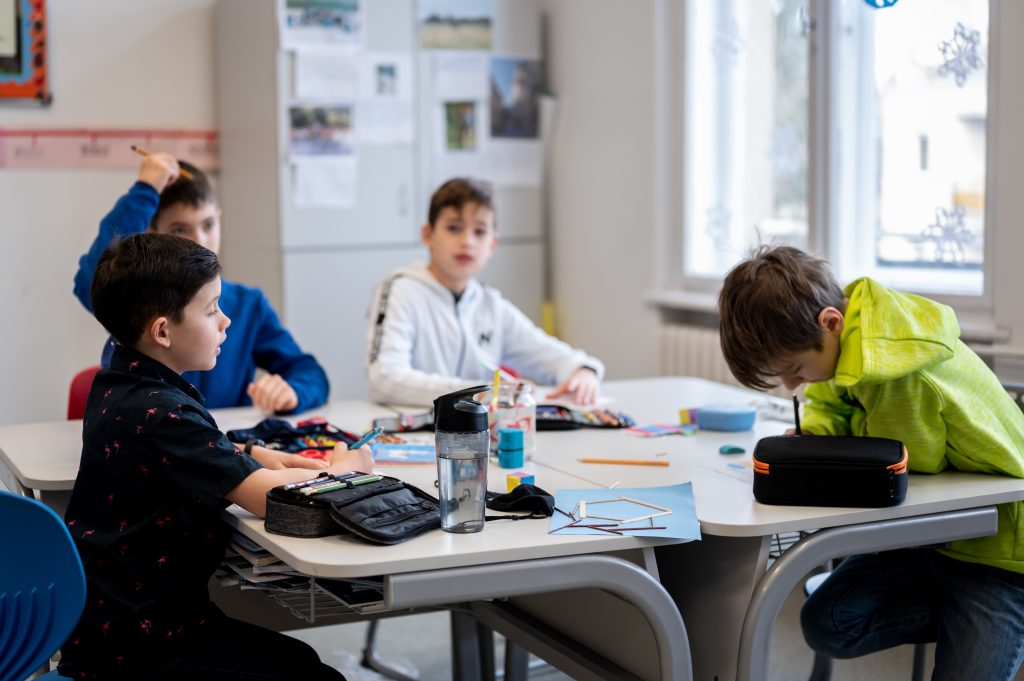
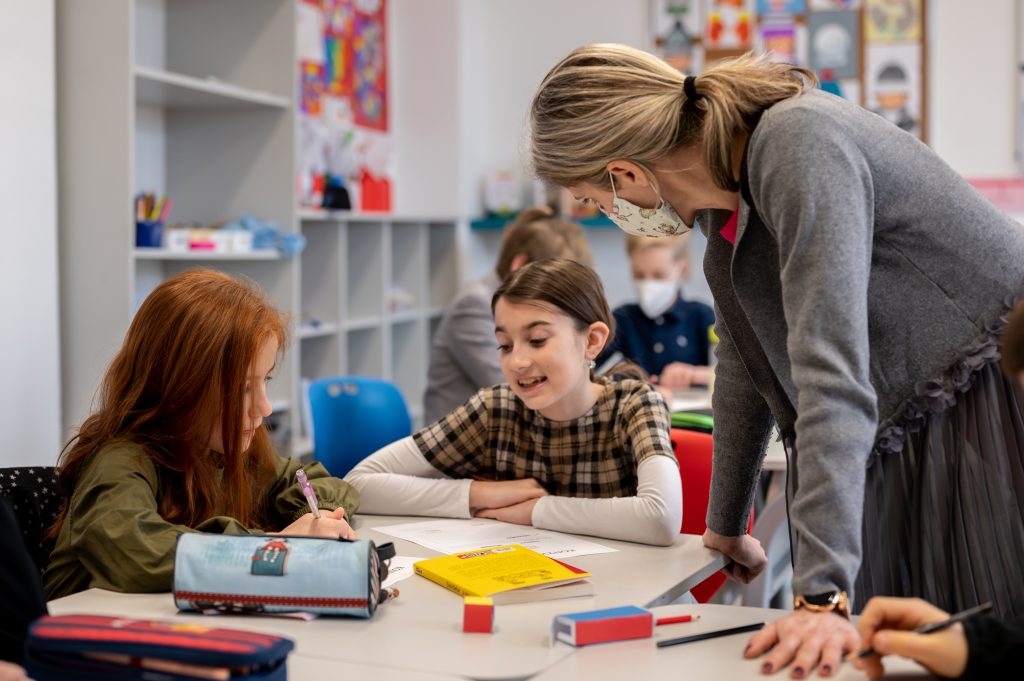
At Brit-Magyar our children will learn the skills to lead a changing world. It will be our focus on building skill sets, not just knowledge, we enable students to consider the task ahead of them and to adjust their actions accordingly. A highly adaptable child will be one who has the confidence in their technical and intellectual skills to overcome problems. The adaptable child will have the communication and interactive skills to make change happen. The adaptable child has the compassion and empathy to listen and learn from others that forms the very basis of leadership.
How we plan our class space depends on the types of challenges and learning opportunities for each lesson. Therefore we design classrooms in such a way that they can be constantly rearranged and shaped by the teacher. The maximum class size is 24.
We use a myriad of teaching aids in our lessons that students can use easily, either online or offline.
The members of our faculty – both our native speakers and our foreign teachers – are highly qualified school teachers. Subjects taught in English are entrusted to qualified native English teachers. We expect a high degree of flexibility from our educators to organise and manage the curriculum in each case according to the current state of the students.
We provide colleagues with a number of in-service training to help them implement these pedagogical concepts and targeted methodologies.
The school is open daily from 8.00 to 17.00. The day starts with a circle time at 8:30, the last lesson ends at 15.00 and children can be picked up until 16.00. At the end of the school day, it is possible to enroll your children in after school activities, either organised by us or available in the building, at an additional cost. Lunch, mid morning and afternoon snacks are available at the school for an extra charge. Meals take place during school recess.
For children’s further development, our school offers a wide range of afternoon activities.
Digital tools: Our school makes digital tools and tablets available to all students so they can use them in class under the guidance of teachers.
Levelled reading series: Children can use our beginner levelled reading series at school, which provides a framework for developing reading and comprehension skills.
Sufficient interest will be needed for us to run specific afternoon activities. We will also consider the addition of new activities based on student demand. We reserve the right to make changes as appropriate.
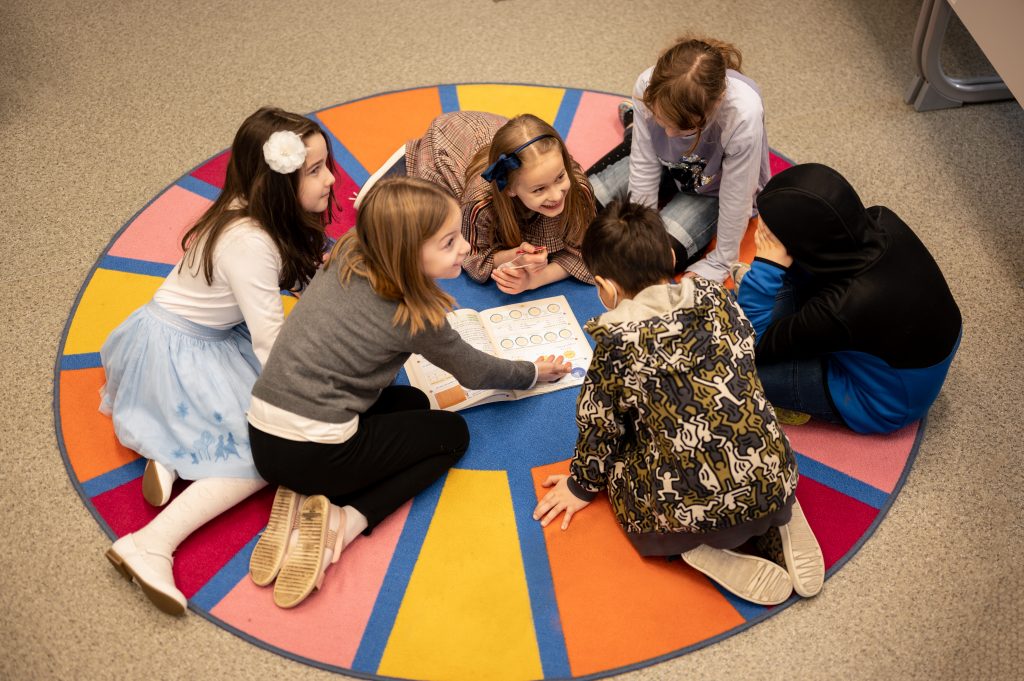

All parents are automatically members of our Parent Teacher Association (PTA), through which parents can give feedback to the school director about the teaching program, share new ideas about school development and organise school events together.
PTA meetings are held quarterly, usually before our larger events.
The Brit-Magyar Bilingual Elementary and Middle School combines perfectly the private school experience, all 21st century parental expectations and the immersion language methodology for children.
" Speaking English professionally is a key to success today."
Geri, ITO
" This is great school if you have a child ready to challenges. "
Anna, mother of three
Budapest, 1021Tárogató u. 2-4.
8:00-17:00, Monday-Friday
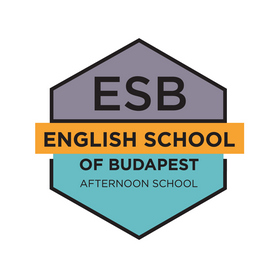
© 2022 Brit-Magyar Iskola
